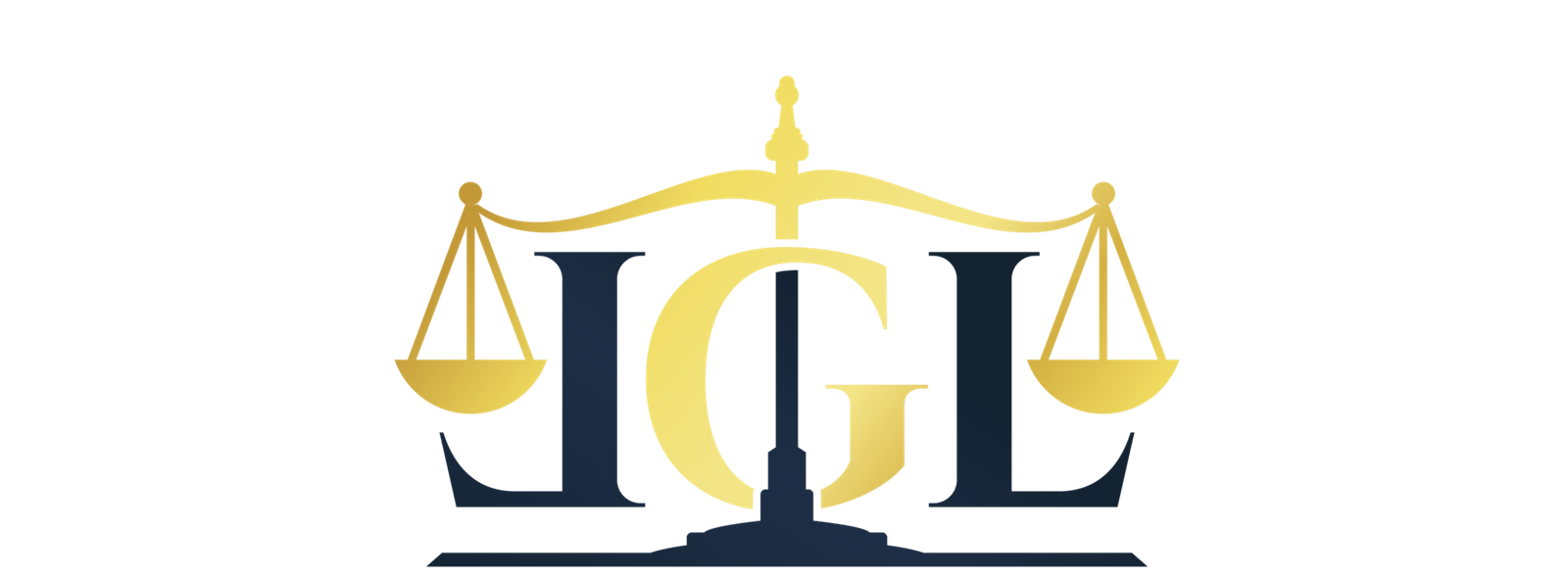A patent protects an invention relating to a product or a process that is new, involving inventive steps, and capable of industrial application. It gives one the exclusive rights and bars others from making, using, selling, and importing products or processes, based on the patented invention without one’s prior permission. In India, it is governed by the Indian Patents Act, 1970. As per this Act, a patent for any product, process, or invention is granted for a period of 20 years from the date of application. It cannot be extended further due to any reason. After this period, the invention is no more exclusive and is available in the public domain for public use.
This is a conventional practice as otherwise, an applicant could apply for multiple patents for a particular invention. Similarly, to enjoy the privileges of this monopoly for a longer period of time, an applicant files two applications for the same product or process. Promoting such monopoly is not the aim of intellectual property laws and hence, such practices are discouraged. Multiple applications for one patent could result in infringement.
Most patent systems around the globe agree in principle, that obtaining two patents for the same invention in the same jurisdiction is impermissible. However, the same may vary depending upon the jurisdiction.
Double Patenting Aspects –
- ENTITY – Double patenting issue can only be raised when the applicant for the two patents is the same party. i.e. , common.
- SAME INVENTION – The applications in question should have similar or substantially similar claims. The claims for each patent should not be conflicting with each other.
- OTHER APPLICATION MUST BE PENDING OR GRANTED – The issue of conflict of claims or double patenting can arise only when the other application is alive and published or has been granted a patent. If the other application has been abandoned, an objection of double patenting cannot be raised.
Indian Context –
Explicitly, there is no such provision barring double patenting in India. However, several other guidelines have been laid down that insinuate that overlap of claims will not be entertained. Section 46(3) of the Indian Patents Act says that only one patent will be issued for an invention. Application for a second patent when one is already under processing or already granted would lead to double patenting.
Section 13(1)(B) relates to prior claiming, which discusses that a patent is already announced and published on or before the application for a similar invention is made under the Act. This section is vital when the applicant and nature of the invention are the same. IT will be a case of double patenting.







